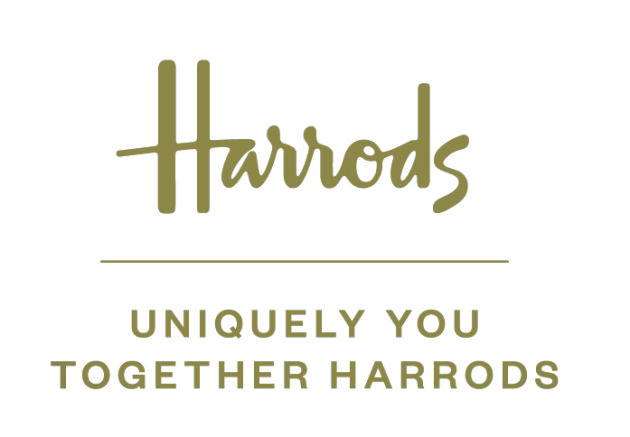
Soapbox: On the face of it – harnessing star power
Michael Goldstein, entrepreneur and founder of prosecco.com, questions whether celebrity investment in the booze business is all it’s cracked up to be.
Celebrity status is lighting up the spirits, wine and cocktail scene, with A-list faces trading scripts for spirits and couture for wine cellars. A stroll down the drinks aisle can now sometimes feel like a walk down the red carpet, with famous names backing many labels. But stardom does not necessarily guarantee long-term success for a beverage brand.
As someone who has experience navigating London’s glitz and LA’s glamour, I’ve found a Hollywood adage rings true: ‘Everyone’s a star-f*cker.’ It’s a crude saying, but it captures stardom’s magnetic pull. Fans crave connections with idols and a shared drink can create a tangible bond.
With my own independent Prosecco brand, Bella Principessa, the allure of celebrity association in beverages is powerful, particularly when navigating challenging waters. The temptation for instant recognition and a devoted fanbase is compelling.
- Read more: Soapbox – Cape expectations
Some savvy celebrities have proven that star power, when fused with quality, can spin out profitable ventures. However, maintaining altitude requires more than a famous face. One misstep could tarnish the brand and the category, particularly for those experiencing the product for the first time.
What happens if a famous face draws a consumer to a new category and they are disappointed upon arrival? That consumer may not come back. There are other unique challenges, too. Celebrity brands must navigate fleeting fan loyalties, scandal threats and potential product performance challenges.
As a starting point with any star-backed brand, it’s vital to clearly distinguish between celebrity endorsers and celebrity entrepreneurs. What drives them? Is it quick gains or fervent passion?
The rise from fewer than 40 to more than 350 celebrity-affiliated brands since 2018 is astounding. Insiders note celebrities may view beverage endorsements as easy cash without personal investment. Risking their own money shifts the line from promoter to committed partner. Without this commitment, celebrities and their teams may not dedicate the effort required to elevate the brand to its peak – a shared goal among all stakeholders.
↓
Success stories
George Clooney’s tequila triumph, Casamigos (now with Diageo), has become one of the more well-known success stories. Hot on its heels came Diddy’s vodka and Post Malone’s unexpected plunge into rosé, making it seem like celebrity participation is now the not-so-secret elixir for beverage success.
Yet, not all celebrity ventures glitter. Pharrell Williams’ Qream liqueur, Danny DeVito’s limoncello, and Donald Trump’s vodka all stumbled, halting production due to weak sales, despite early hype. These tales prove that a famous name alone does not guarantee brand success.
The business of wines and spirits is a high-stakes game, where quality is king. Take Bob Dylan’s Heaven’s Door whiskey, for instance. Its accolades in a crowded whiskey market underscore the importance of market appeal, efficient supply chain, regulatory knowledge and top-tier taste. These winning principles apply to all brands, celebrity or otherwise.
Similarly, Jay-Z’s Ace of Spades Champagne success stems from strategic category selection, targeted audience understanding, exceptional taste, effective marketing and a strong network – not just fame.
In the beverage industry, we cannot allow brands to float by solely on the power of celebrity allure. Celebrities might ignite initial interest in a brand, but it’s up to the product to shine brightly enough to sustain that demand.
Beverage giants Diageo, Bacardi and Pernod Ricard play a vital role in the ascension of celebrity drinks, while the beverage sector’s resilience and allure to wealthy investors have fuelled a surge in unique brands. Yet, the industry values authenticity, innovation, quality and sustainable growth over mass-produced products birthed from corporate focus groups. Challenger brands must embody these values, not merely stand in for them – as industry leaders do. Striking a balance is vital for success.
In the end, stardom may offer a shortcut to mass appeal, but a brand must show independent shine. I wouldn’t rule out the possibility of a celebrity endorsement in future, but our brand still stands on its merit. We’re more than just bubbles in a bottle – we represent a lifestyle. Our success so far underscores the truth that achievement extends beyond celebrity endorsement – one that prioritises customer focus and market fit.
What will the future hold? Only time – and the clink of many more toasts – will tell. What I do know is that brands which resonate with consumers, fill market gaps and uphold these values have a better shot at securing backing from industry behemoths, which will always value enduring success over fleeting fame.









